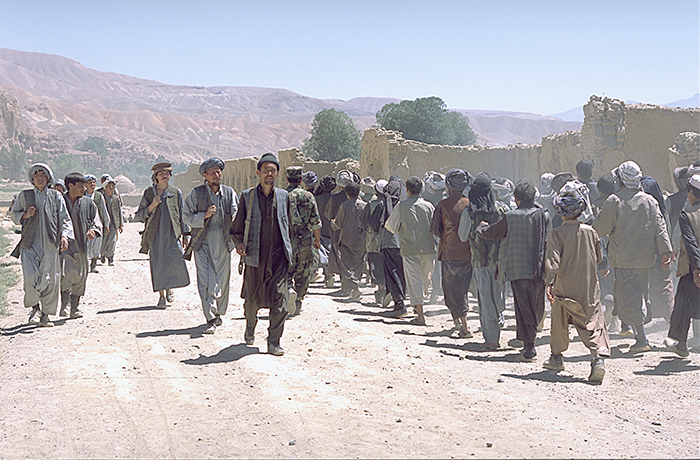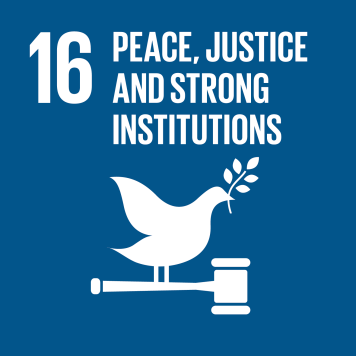Fragile Contexts – the Nexus between Humanitarian Aid, Peace and Development

Duration:
27/05–31/05/2024
Teaching format:
Classroom
Course objective:
Turbulence, uncertainty, novelty and ambiguity have become key features in many countries where international cooperation is engaged, often alongside actors from humanitarian aid, mediation and security. To cope with constant change, successful strategies and programmes need to enhance agility and collaboration in planning, monitoring and steering, and to strengthen adaptive management and decision processes. Combining theoretical input with case studies, this course explores the characteristics of fragility, how they can be assessed and monitored and how development programming has to be adapted in order to achieve results. It also discusses cooperation between actors seeking to engage in these contexts.
Key topics:
- The political economy of fragility: How can we make sense of the different concepts of fragility in development cooperation?
- Strategic collaboration: The intervention logic of actors involved in humanitarian aid, mediation and peace processes, state building and development cooperation – differences, overlaps, and complementarities
- Adaptive management: Context and situation analysis, scenario thinking and agile planning, risk assessment and risk-based decision making, monitoring and evaluation
Exam:
A written assignment will be distributed during the course, and due two weeks after the course completion
ECTS points:
3
Course fee:
CHF 950
Lecturers:
Dr. Medinat Malefakis, NADEL
Dr. Fritz Brugger, NADEL
Dr. Simon J. A. Mason, Center for Security Studies, ETH Zurich
Registration starts 30 October 2023.
